The author provided a first-hand account of the Hungarian Prime Minister’s speech as he was present at the Tusnádfürdő (Băile Tușnad) Free Summer University and Youth Camp. As Paweł Lisicki wrote, the clearly structured speech probably shocked Polish media consumers because their view of the Russian-Ukrainian war is diametrically opposed to the Hungarian PM’s. Viktor Orbán based his argument on principles that are widely denied in Poland. This is not about the moral unsustainability of Russian aggression: Viktor Orbán clearly stated that a rational description of the causes of the conflict does not justify the war.Orbán – contrary to the Polish media’s interpretation of the speech – does not support Russia’s goals and does not agree that violence is an acceptable tool to resolve conflicts.
Author Paweł Lisicki comes to Viktor Orbán’s defense
“Poles and Hungarians must let go of their differing views on the Russian-Ukrainian war and instead cooperate to more effectively represent their common interests, especially in the European Union,” wrote the editor-in-chief of Do Rzeczy (“To the point”) in the latest issue of the conservative Polish weekly. The reaction of the Polish media as a whole to Viktor Orbán’s Tusnádfürdő speech reminded Paweł Lisicki of when a great love turns to hatred overnight.

“The fundamental difference lies elsewhere: according to the Hungarian Prime Minister, Russia is not an empire of evil (to put it simply) which is trampling all over international law and going against every moral value and rule. Overall, it is not even a terrorist or rogue state, nor the headquarters of the “global Antichrist” that should be negotiated with, only destroyed. The war, though condemnable, is not a “Manichean” struggle between light (Ukraine and the West) and darkness (Moscow, Putin, etc). Russia has limited, clear, and rational goals,” wrote Paweł Lisicki.Orbán’s first basic premise is that the war did not break out because Russia seeks to annex an unlimited number of nations – but rather because they felt threatened. They had legitimate reasons for this that were not just made up out of thin air.Moscow demanded two things: that Ukraine definitively renounce NATO membership and that NATO make a clear statement that Ukraine will not join the alliance. It is beside the point whether these demands are right or not, because in legal terms a country may join whatever alliance they please – this is how the Russians defined their sense of security. After seeing that both NATO and Ukraine rejected their demands, and noting that, as according to John Mearsheimer, American political scientist and international relations expert, “though not formally, Kiev practically was part of the alliance,” the Russians decided to strike.In Poland, this interpretation is called at best naivety, and at worst treason. According to their public opinion, Russian fear of NATO expansion was just an excuse.Orbán’s second principle is that Russia will not attack NATO on its own. Not necessarily because he believes they are so peaceful – they are not – but rather because they are fully aware of the power imbalance. They are attacking Ukraine now because it is not yet a member of NATO. “We are not dealing with evil which flows given its nature, but rather with Moscow’s
brutal, selfish calculations and their efforts to secure their own safety at the cost of violating the rights of others,” writes Lisicki.“In Poland, the predominant opinion is different: Ukraine is merely the first conquest which will be followed by other NATO members like Lithuania, Latvia, Estonia and even Poland.How do we know this? Because Russia is the “empire of evil”. It conquers because it must conquer. If Ukraine falls, Poland is next. That is why in Poland they love to compare Russia to the Third Reich.Yet if we look for historical analogies, today’s Russia is more similar to the weakening and declining Ottoman Empire of the second half of the XVIII. Century than to Hitler’s empire striving for world hegemony,”– pointed out Lisicki.
További IN ENGLISH híreink
Who is interpreting reality wrongly? The Hungarians, who the Polish equate with Orbán, or the Poles, because in this respect the government and opposition parties do not differ much? Orbán said that this was a war between two Slavic peoples, and that is why this is a matter of heart for the Poles, but not for Hungarians.“This is a striking explanation,” wrote the journalist. “If this could be accepted in Warsaw, relations with Budapest could be maintained despite conflicting views on the war. The Poles could continue to say that Hungary does not understand Russia, and the Hungarians could stick to their position.In other words: let us not argue over perceptions of the war, but rather stick to our common interests especially those related to the European Union like migration and gender ideology. A good solution would be to renounce the role of moral judgment in international relations,”– said the Polish author.
Photo: Viktor Orbán (Photo: MTI/Miniszterelnöki Sajtóiroda/Benko Vivien Cher)
Komment
Összesen 0 komment
A kommentek nem szerkesztett tartalmak, tartalmuk a szerzőjük álláspontját tükrözi. Mielőtt hozzászólna, kérjük, olvassa el a kommentszabályzatot.
A téma legfrissebb hírei
Tovább az összes cikkhez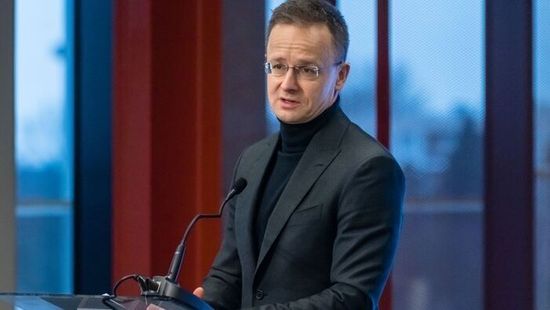
Hungary FM: Voters Know What to Expect From Us + Video
While Fidesz’s track record is well known, there are serious contradictions surrounding the Tisza Party’s platform, Foreign Minister Peter Szijjarto says.
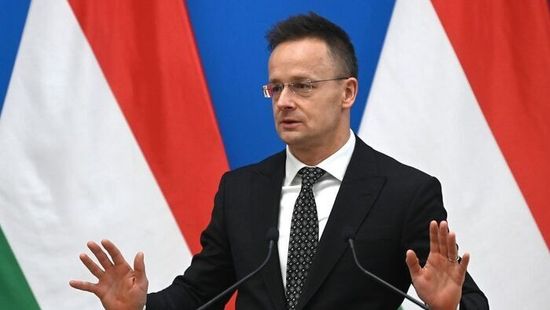
Hungary FM: Tisza Would Give Ukraine the Green Light—Our Answer Is Never!
Everyone knows what to expect from the Tisza Party, the foreign minister says.
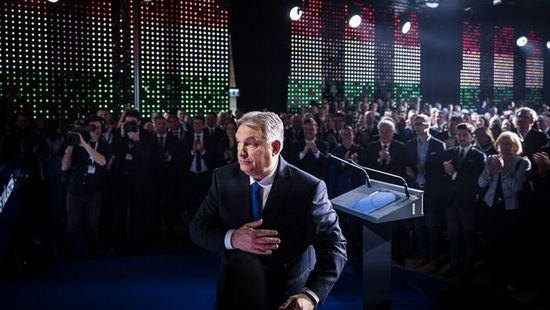
PM Orban Delivers State of the Nation, Sends Message to Zelensky as Von der Leyen Makes Astounding Statement
A roundup of the day’s key foreign affairs developments.
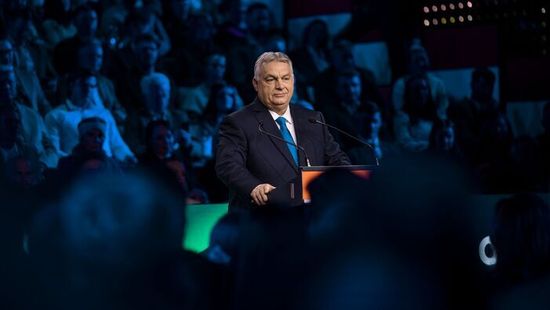
International Media Erupts Following Viktor Orban’s State of the Nation Address
The Hungarian prime minister's words were quoted around the world.
Ne maradjon le a Magyar Nemzet legjobb írásairól, olvassa őket minden nap!
- Iratkozzon fel hírlevelünkre
- Csatlakozzon hozzánk Facebookon és Twitteren
- Kövesse csatornáinkat Instagrammon, Videán, YouTube-on és RSS-en

Címoldalról ajánljuk
Tovább az összes cikkhez
Hungary FM: Voters Know What to Expect From Us + Video
While Fidesz’s track record is well known, there are serious contradictions surrounding the Tisza Party’s platform, Foreign Minister Peter Szijjarto says.

Hungary FM: Tisza Would Give Ukraine the Green Light—Our Answer Is Never!
Everyone knows what to expect from the Tisza Party, the foreign minister says.

PM Orban Delivers State of the Nation, Sends Message to Zelensky as Von der Leyen Makes Astounding Statement
A roundup of the day’s key foreign affairs developments.

International Media Erupts Following Viktor Orban’s State of the Nation Address
The Hungarian prime minister's words were quoted around the world.
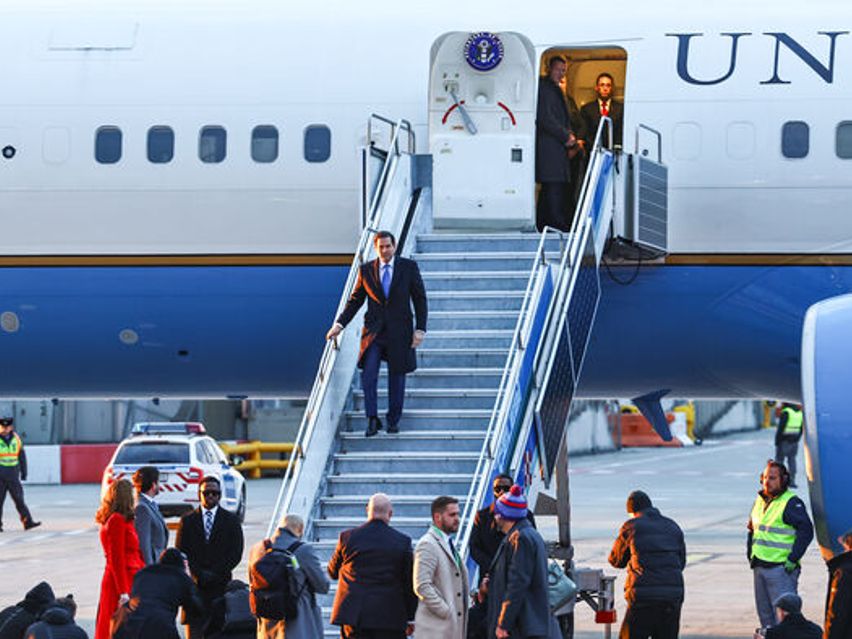
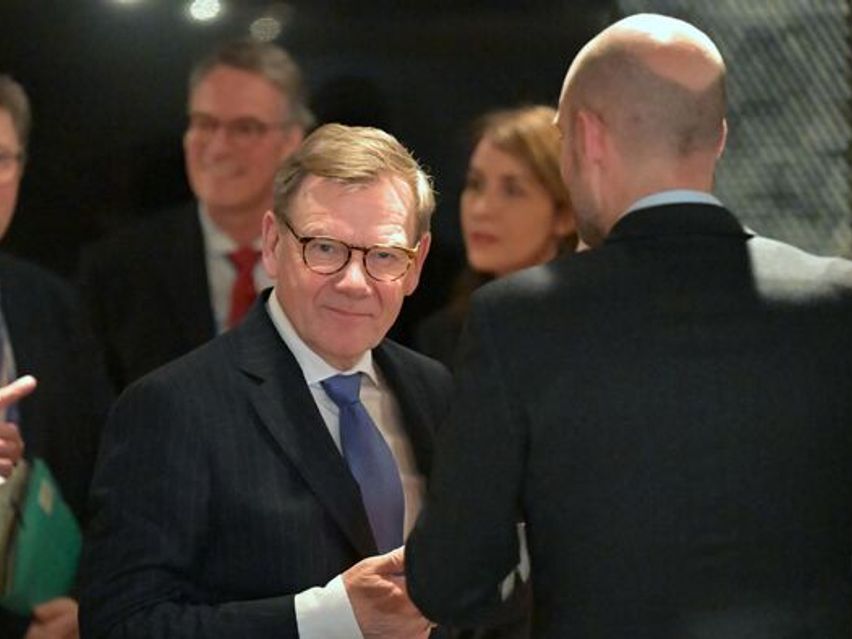

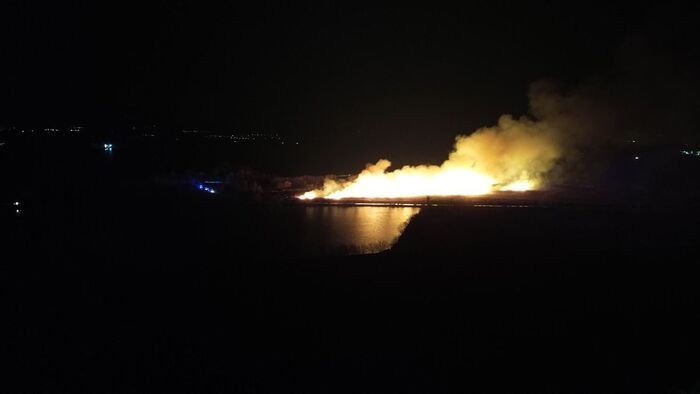


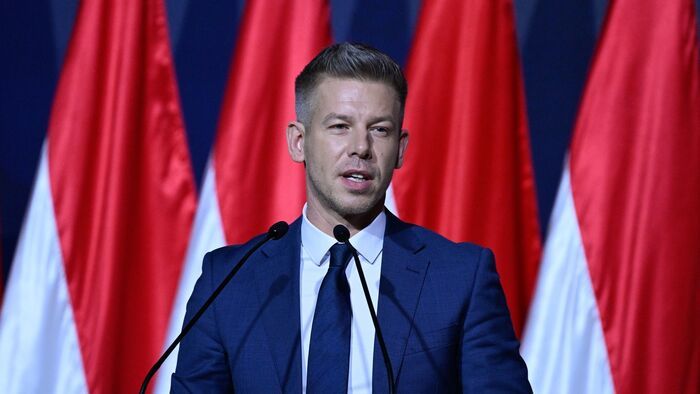


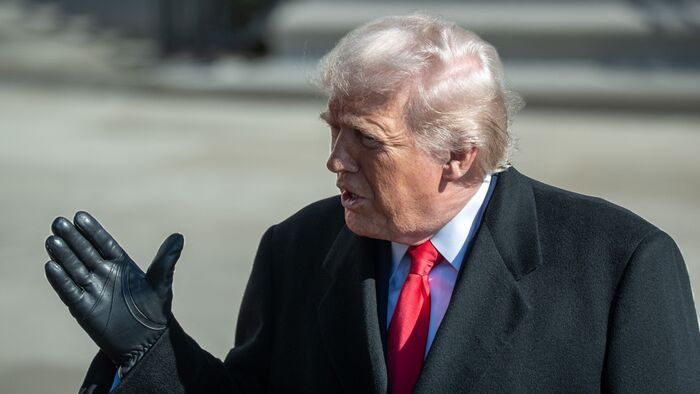
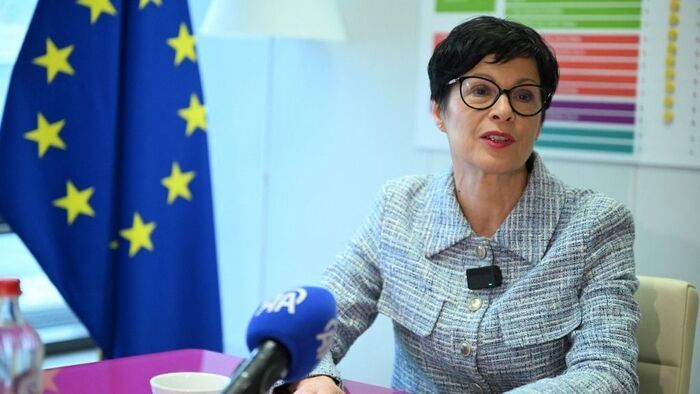
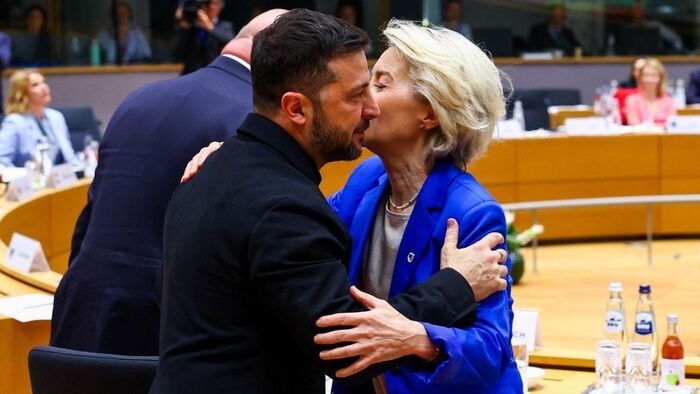


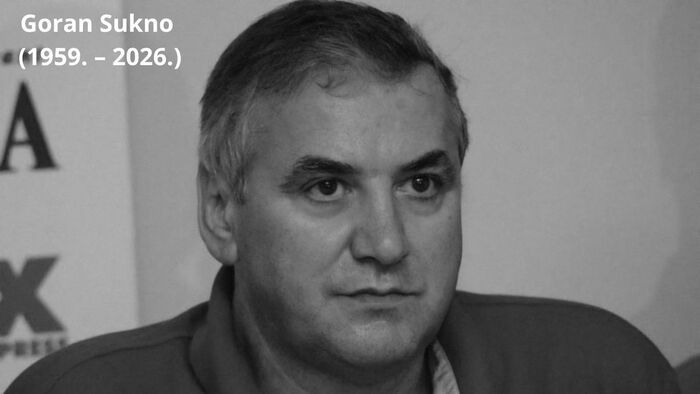


Szóljon hozzá!
Jelenleg csak a hozzászólások egy kis részét látja. Hozzászóláshoz és a további kommentek megtekintéséhez lépjen be, vagy regisztráljon!